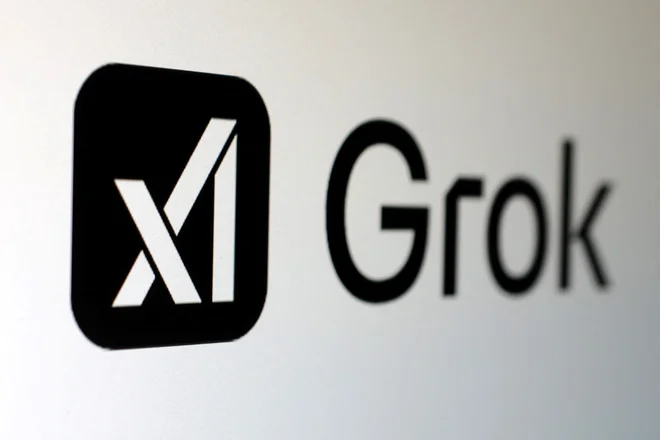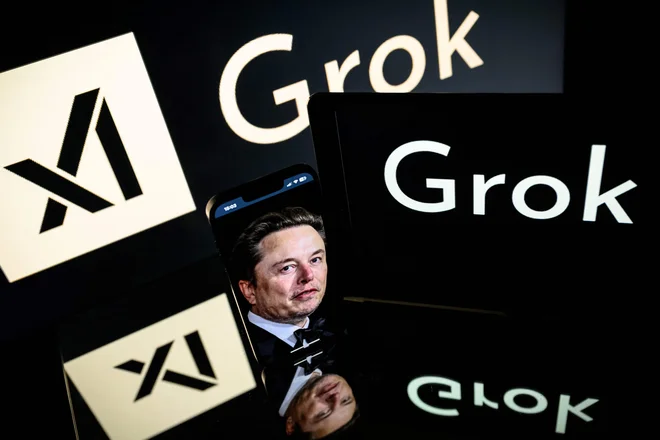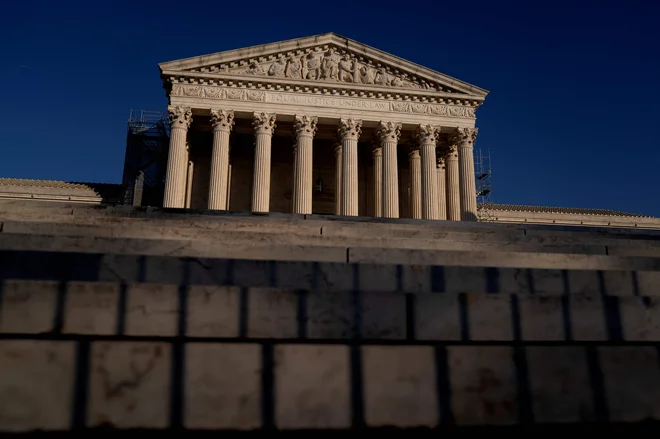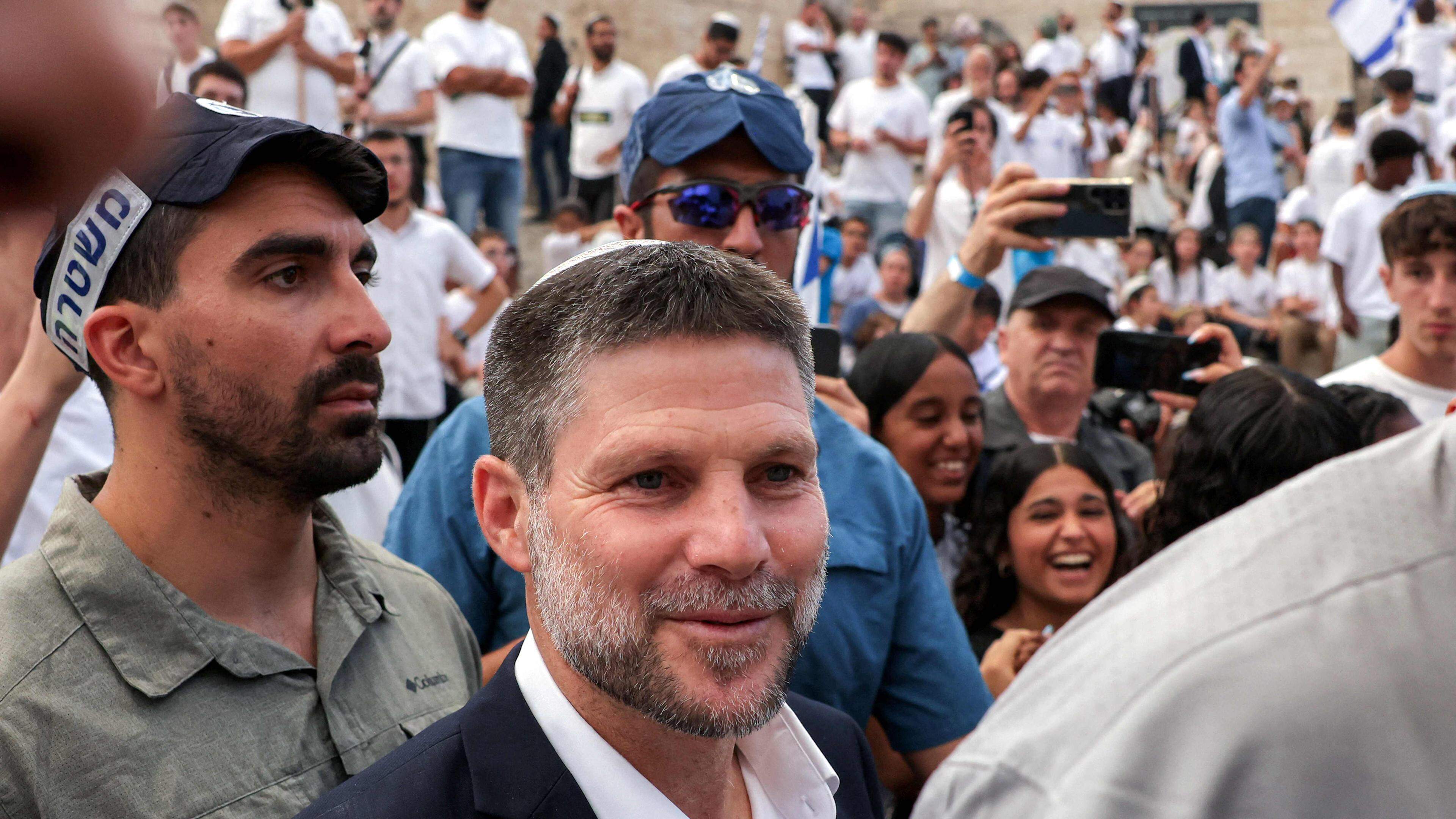Muskov X under investigation for alleged misuse of personal data

Elon Musk is in the spotlight again – this time not because of the statements on the network X but unusual business movesbut for alleged misuse of personal data of European users. His company Xformer Twitter, is under the scrutiny serious violations of European privacy legislation.
The company X has its European headquarters in Ireland, which means that the regulator there is responsible for the control of respect for the General Data Protection Regulation – better known as GDPR. The investigation is supposed to refer to being a chat room by drives artificial intelligence (Ui) grok – with ambition to be more direct, fun and provocative – perhaps updated using the personal data of users from the European Union without their knowledge and consent.
“Rebellious” bot with appetite according to data
Grok, described by Elon Musk as an alternative to more restrained AI tools, works with access to platform X in real time. The company has already indicated that the model draws data from publicly available posts for its operation – tweets, comments, photos. But this is the problem.
In Europe, there is also a public content containing personal data – such as name, username, opinions, location or even language of expression – the subject of strict rules. GDPR stipulates that companies must have a clear legal basis for such processing. This may be the explicit consent of the user or can be demonstrated by the legal interest of the company, which may not consider the rights of individuals to privacy. At the same time, each user must also be clearly and timely informed about how his data will be used.
The chat, driven by artificial intelligence (UI), Grok, used the ambition to be more direct, entertaining and provocative for its operation by the personal data of users from the European Union, without their knowledge and consent.
The Irish Data Protection Commission has already announced that they want from the company X Find out the following: which information they used, how it was collected, whether they include personal information, and whether the public has been informed. They are also interested in what technical and organizational measures have been taken to protect this data during the artificial intelligence learning process.
GDPR is not a recommendation but a law
The General Data Protection Regulation, which has been in force since 2018, imposes companies with strict conditions regarding the collection, processing and storage of personal data. They can only collect data for specific purposes and should not be used for something that users have not expected. In addition, they must always handle transparently and allow users to inspect, correct or even delete their data.
Violations can lead to high fines – up to four percent of the total annual business of the company or up to € 20 million, depending on which value is higher. For global giants such as X, this poses a risk of multi -million -dollar fines.
Technology giant Meta, owner of Facebook and Instagram, has announced that to train its artificial intelligence models (UI), it will re -use publicly accessible content from adult users from the European Union, reports a news agency Ap.
Meta temporarily stopped these activities last year due to the concerns of activists and regulators regarding compliance with European data protection rules (GDPR). The company is now stating that European regulators have confirmed in December the compliance of their approach and will continue training, using public announcements and comments and interactions of users with Meta AI.
They stressed that they will not use private messages to train UI models. Meta will inform users in the EU and offer them the opportunity to obey through an online form, which they will, as they claim, will consider.
This is not the first time Elon Musk and his companies find himself on the radar of European regulators. Ever since he took over Twitter and transformed it into X, criticism has accumulated for changes in moderating content, mass forgiveness and alleged disrespect for the Digital Services Act (DSA), which sets out the rules for the operation of online platforms.

Violations can lead to high fines – up to four percent of the total annual business of the company or up to € 20 million, depending on which value is higher. For global giants such as X, this poses a risk of multi -million -dollar fines. Photo: Carlos Baria/Reuters
Musk often expresses resistance to regulation. He repeatedly hinted that in his view bureaucratic procedures impede innovation. « Excessive bureaucracy retains technological advances, » he said in an interview a long time ago Financial Times. But when it comes to the rights of millions of users, the European bodies are clear: the law applies to everyone, including the richest and most influential.
Possible consequences: from fines to erasure of Grok
If Irish DPC finds that X has violated GDPR, the consequences can be very serious. In addition to the aforementioned fines, the regulator could be:
– prohibited the further processing of personal data for training of grocca,
– requested the deletion of data obtained illegally,
– ordered the company to re -train the model without using controversial content.

Grok, described by Elon Musk as an alternative to more restrained AI tools, works with access to platform X in real time. Photo: Lionel Bonaventure/AFP
So far, X X has not yet responded to the investigation. After reporting Techcruncha, Reuters and Euronews it is likely that they will advocate the use of only publicly available data and justify the existence of legal interest. But this question – whether publicly means permitted – is at the heart of the debate on the future of artificial intelligence in the EU.
Precedent for all who develop artificial intelligence
This case goes beyond X and Elona Musk. It’s a broader dilemma: can technological advances be based on a covert accumulation of private data? With a recently adopted act on artificial intelligence, the European Union has already given a clear signal that artificial intelligence should not develop at the expense of people’s fundamental rights.
If the investigation confirms the irregularities, it may mean a historical decision – a precedent that will determine how artificial intelligence will develop in Europe in the future. « Advanced technology does not mean that we can forget about human rights, » the European Commissioner for Justice recently said Didier Reynders in conversation for Politics.





/s3/static.nrc.nl/images/gn4/stripped/data132325154-19cb1a.jpg|https://images.nrc.nl/1Hwicbl9ffB2YsDEINW8LD4S8Qs=/1920x/filters:no_upscale()/s3/static.nrc.nl/images/gn4/stripped/data132325154-19cb1a.jpg|https://images.nrc.nl/C0pZO68CpEwy_fj4qhoExdA9t7E=/5760x/filters:no_upscale()/s3/static.nrc.nl/images/gn4/stripped/data132325154-19cb1a.jpg)

